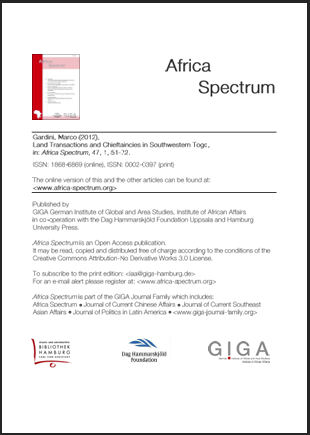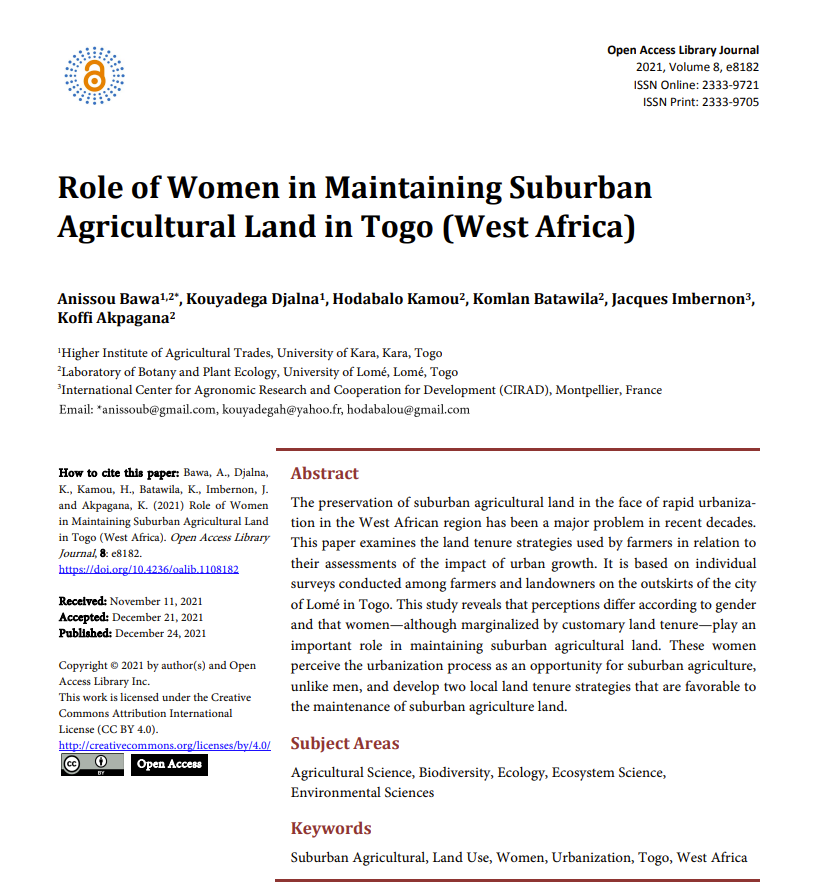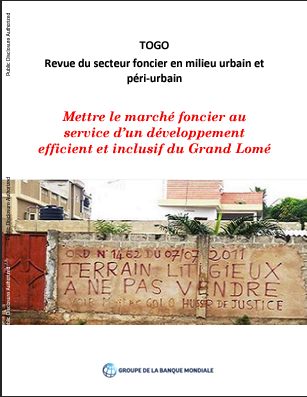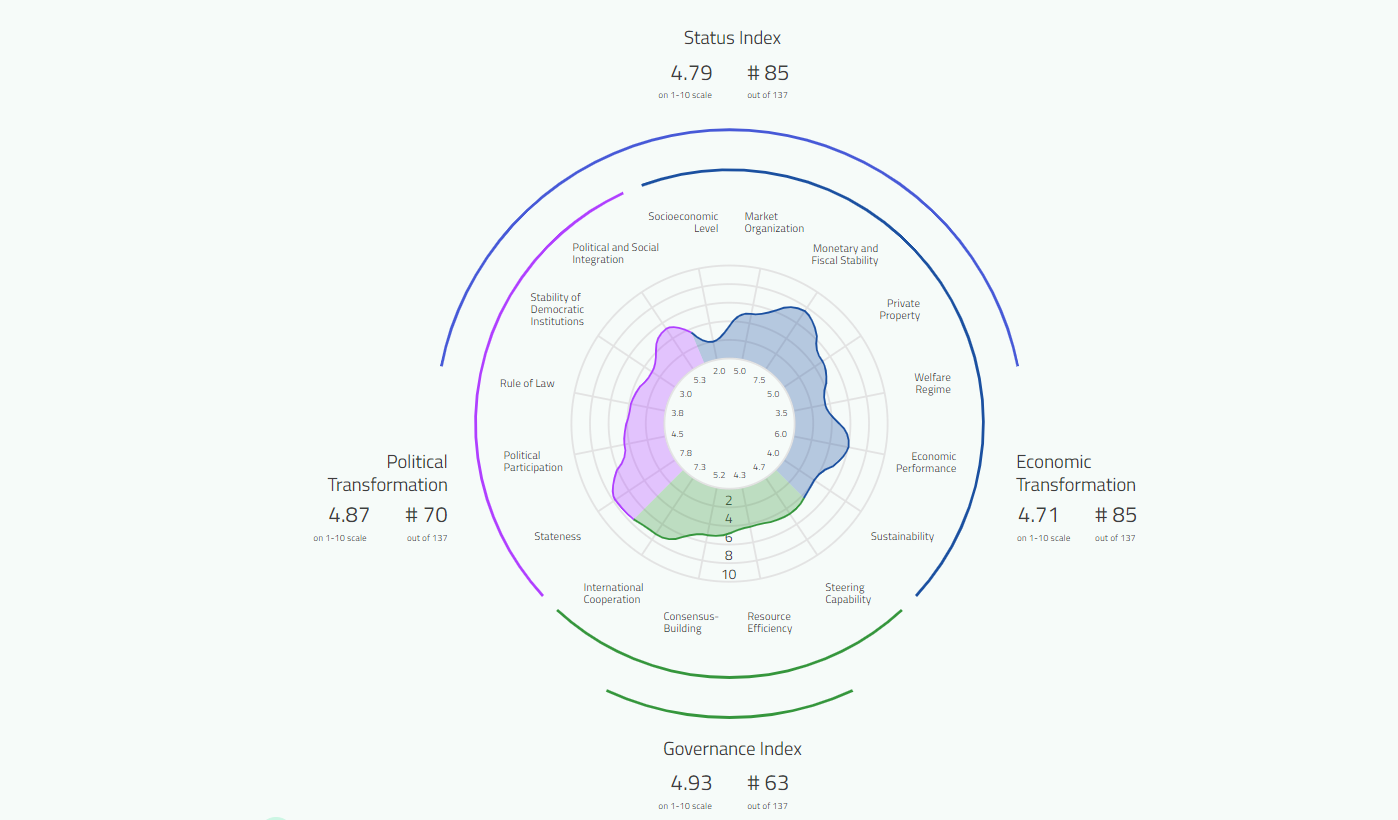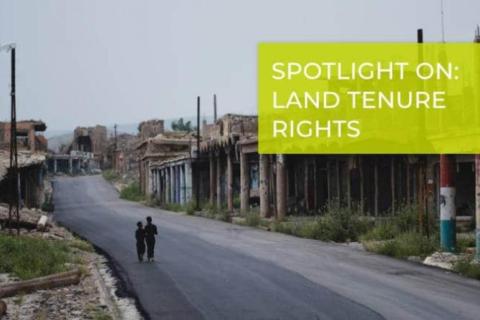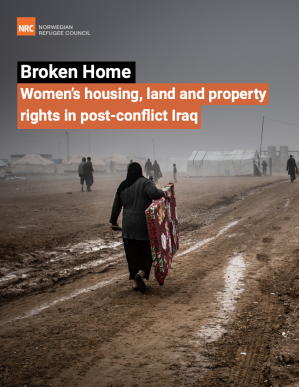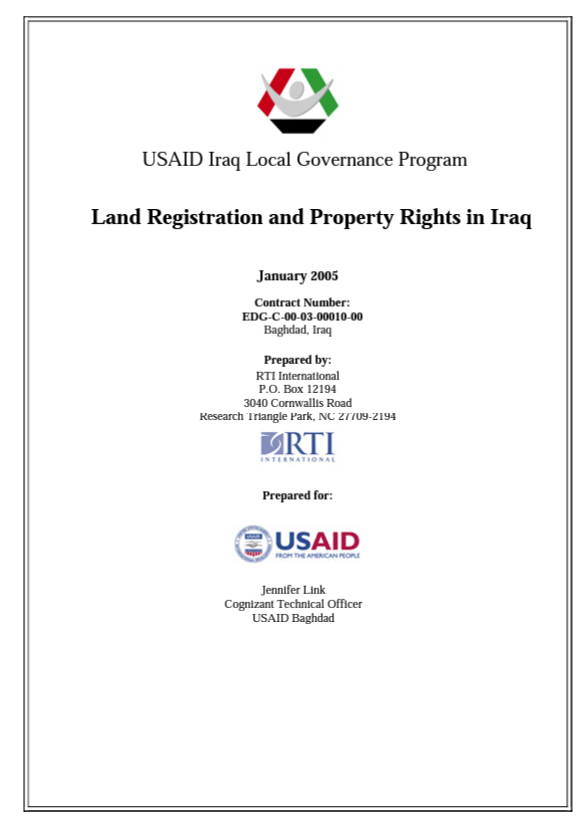
Topics and Regions
Landpages.co.ke is a medium of passing this message.
Details
Public Email
Location
Contributions
Displaying 221 - 230 of 740Land Transactions and Chieftaincies in Southwestern Togo
Land access is becoming a crucial issue in many African contexts, where groups and individuals are coping with land scarcity and increasing competition over resources. Based on fieldwork carried out in the southwestern region of Togo, this paper explores the plurality and adaptability of the forms of land access that have historically emerged from changing economic and political landscapes characterized by the rise and the decline of cocoa cultivation.
Role of Women in Maintaining Suburban Agricultural Land in Togo (West Africa)
The preservation of suburban agricultural land in the face of rapid urbanization in the West African region has been a major problem in recent decades. This paper examines the land tenure strategies used by farmers in relation to their assessments of the impact of urban growth. It is based on individual surveys conducted among farmers and landowners on the outskirts of the city of Lomé in Togo. This study reveals that perceptions differ according to gender and that women—although marginalized by customary land tenure—play an important role in maintaining suburban agricultural land.
Revue du Secteur Foncier en Milieu Urbain et Péri-urbain : Mettre Le Marché Foncier au Service d’Un Développement Efficient et Inclusif du Grand Lomé
Le Togo a connu une forte croissance économique dont la poursuite devra être soutenue par l’amélioration du secteur foncier. La croissance économique de plus de 5% annuellement depuis 2009 est parmi les meilleurs du continent. Cette évolution s’est accompagnée d’une réduction de la pauvreté qui demeure cependant élevée à environ 55% (2015). La ville de Lomé a été l’un des piliers de ce développement, servant de base arrière au Port de Lomé, principal moteur de l’économie du pays.
BTI 2022 Country Report — Togo
The Gnassingbé clan has ruled the country since 1967. Throughout the survey period, demands for political change initiated by institutional and electoral reforms were a major issue of contention between the government and the challengers of the Gnassingbé regime. An alliance of opposition parties and civil society groups organized peaceful demonstrations in opposition to the regime. These demonstrations were often violently suppressed. Civil society organizations and representatives of the Christian church supported the opposition’s demands.
Iraq - Arab Land Initiative
Iraq is one of the easternmost countries of the Arab Region. It is bordered to the north by Turkey, to the east by Iran, to the west by Syria and Jordan, and to the south by Saudi Arabia and Kuwait.
The current land systems in Iraq are greatly influenced by social and political insecurity and multiple waves of forced displacement over the last years, which have contributed to land tenure insecurity and land use conflicts.
****
This is a country profile for Iraq under the Arab Land Initiative.
Leave No One Behind: Land Tenure in Post-Conflict Iraq
Property Rights and Resource Governance -Iraq
With some of the earliest known human settlements in the world, most of Iraq together with Kuwait, eastern Syria and southeastern Turkey constitute Mesopotamia, also referred to by historians as the ‘cradle of civilization’. Iraq has a surface area of approximately 437,072 square kilometers, making it slightly larger than twice the size of Idaho. It is bordered by Turkey to the north, Iran to the east, the Persian Gulf and Kuwait to the southeast, Saudi Arabia to the south, Jordan to the west, and Syria to the northwest.
Broken Home: Women's housing, land and property rights in post-conflict Iraq
Hundreds of thousands of Iraqi women displaced by war remain unable to return to their homes because of systemic injustices that prevent them from proving or claiming ownership of their property.
New research by the Norwegian Refugee Council reveals that displaced women in Iraq are much worse off than men: they are 11 per cent more likely to face barriers impeding them from going back home after years of suffering in displacement camps since the end of the war against Islamic State group in their areas of origin.
Land Registration and Property Rights in Iraq
Land registration and property rights in Iraq have deep historical foundations reaching back to the Hammurabic period. However, the current land registration system owes more to the 400-year Ottoman occupation of Iraq and the subsequent interval under the British mandate. Under these regimes, land policy was self-serving and designed to maintain and reinforce the existing political power. This was done through the allocation of land to influential individuals who supported the incumbent regime.
Climate mobilities: migration, im/mobilities and mobility regimes in a changing climate
The discussion on the relation between human mobility and climate change has moved beyond linear and exceptional terms. Building on these debates, this article, and the Special Issue on Climate Mobilities: Migration, im/mobilities and mobilities regimes in a changing climate that it introduces, conceptualises this relation in terms of climate mobilities.

